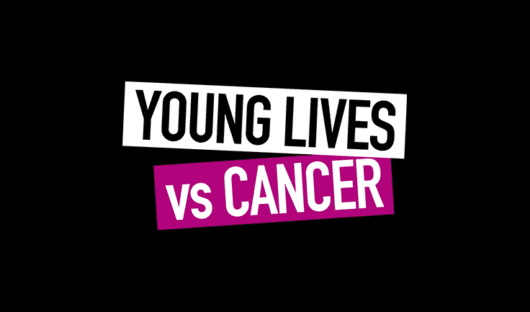Radiotherapy
Radiotherapy treats cancer by using high-energy rays to destroy cancer cells in a particular part of the body, while doing as little harm as possible to normal cells. The treatment is usually given in the hospital radiotherapy department as a series of short daily sessions over a few weeks.
The treatments are usually given from Monday–Friday with a rest at the weekend. Your child’s doctor will discuss the treatment and possible side effects with you.
The length of treatment will depend on the type of cancer your child has.
Planning radiotherapy
Radiotherapy has to be planned carefully and this may take a few visits. On your child’s first visit to the radiotherapy department, they may have a CT scan or lie under a machine called a simulator. The CT scanner or simulator takes x-rays of the area to be treated.
The treatment is planned by a cancer specialist (clinical oncologist). Marks may be drawn on your child’s skin to help the radiographer, who gives the treatment, to position them accurately. This makes sure that the treatment is given to the right place each time.
Sometimes a mould or mask is made to keep the affected part of the body still each time the treatment is given. The doctors or specialist nurse will explain more about this if your child needs a mould or mask.
Treatment sessions
At the start of each radiotherapy session, the radiographer will position your child carefully on the couch and make sure they’re comfortable. During the treatment, your child will be left alone in the room, but they will be able to talk to the radiographer who will be watching from the next room. In some hospitals, story tapes can be played or you can read stories over the communication system while your child has their treatment.
Radiotherapy is not painful, but your child has to lie completely still for a few minutes while the treatment is being given. Occasionally, they may need to have a general anaesthetic so the treatment can be given.
Remember, radiotherapy will not make your child radioactive and it is safe for them to be with other people.
This information was written by the Children’s Cancer and Leukaemia Group (CCLG)
You might also want to look at
Side effects of radiotherapy
The side effects of radiotherapy that your child may experience and what can be done.
Find out moreWhat should I know about my child’s treatment?
From me to you: parents share their thoughts on what they would've liked to have known before treatment.
Find out more
Help your child cope with side effects of cancer treatment
Every child copes differently with treatment and side effects. Here's what to expect.
Find out more
